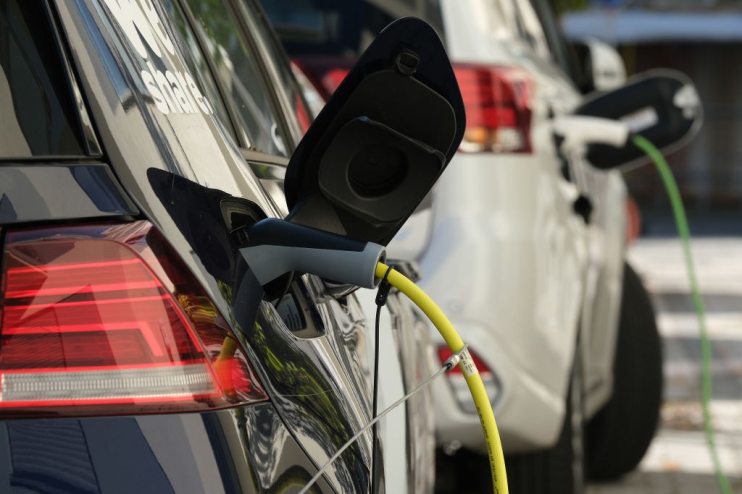Car industry in shock and fuel prices climb as government scraps all grants for electric vehicles

Motoring groups have criticised the government’s decision to scrap subsidies for newly purchased electric vehicles (EVs), fearing it could dissuade buyers from entering the market.
In a shocking blow the car industry, the Department for Transport (DfT) has revealed that £1,500 grants for purchases of new electric cars that cost under £32,000 have been ditched.
The DfT argued the “success” of the Plug-in Car Grant means the Government will now “refocus” the funding to encourage users of other vehicles to make the switch to EVs.
Existing applications for the grant “will continue to be honoured”, the DfT added.
Transport minister Trudy Harrison said: “Government funding must always be invested where it has the highest impact if that success story is to continue.”
“Having successfully kickstarted the electric car market, we now want to use Plug-in Grants to match that success across other vehicle types, from taxis to delivery vans and everything in between, to help make the switch to zero emission travel cheaper and easier.”
She argued the Government continues to invest record amounts in the transition to EVs – with £2.5bn injected since 2020 – and that Downing Street has set the most ambitious phase-out dates for new diesel and petrol sales of any major country.
Motoring groups hit out at scrapping of subsidy
The Government has targeted 2030 for the phasing out of new petrol and diesel car sales in the UK.
However, motoring groups have suggested this target will be difficult to achieve without the support of grants to support car buyers.
AA President Edmund King argued the grants were “essential for many drivers making the switch from petrol and diesel.”
He said: “The plug has been pulled at the wrong time on this important grant before many users, still waiting for delayed EVs due to global shortages, have made the change. Drivers, and indeed many fleets, planning to make the switch to EV, may now back out until they can find more cash.”
Rival motoring group RAC also questioned the move, raising concerns lack of financial support for aspiring EV owners could stifle the UK’s green ambitions.
Head of policy Nicholas Lyes said: “The UK’s adoption of electric cars is so far impressive but in order to make them accessible to everyone, we need prices to fall – having more on the road is one important way of making this happen, so we’re disappointed the Government has chosen to end the grant at this point. If costs remain too high, the ambition of getting most people into electric cars will be stifled.”
Sales of fully electric new cars have risen from fewer than 1,000 in 2011 to nearly 100,000 in the first five months of 2022.
This suggests EVs are finally breaking into the mainstream, with sales outstripping diesel vehicles last year.
Petrol prices reach new heights as CMA reviews retail markets
The scrapping of EV grants comes amid skyrocketing forecourt prices, with petrol prices climbing to new highs in Tuesday’s trading.
The average price of a litre of petrol at UK forecourts reached a new record of 185.4p yesterday -an increase of 6.9p in just a week.
This follows a 10p hike in petrol prices in May.

Concerns over prices at the pumps has led to the Competition and Markets Authority launching a review of the retail market, with Business Secretary Kwasi Kwarteng raising concerns that the five pence fuel duty cuts are not being passed on to consumers.
Last month, Tom Hatton, head of product management at analytics group Kalibrate told City A.M. petrol retailers are not engaging in wholesale profiteering despite record forecourt prices,
Instead, he suggested fuel vendors were ramping up prices for consumers in line with higher wholesale costs more quickly than they did in the past, with retailers more cautious amid soaring oil prices and geopolitical volatility.